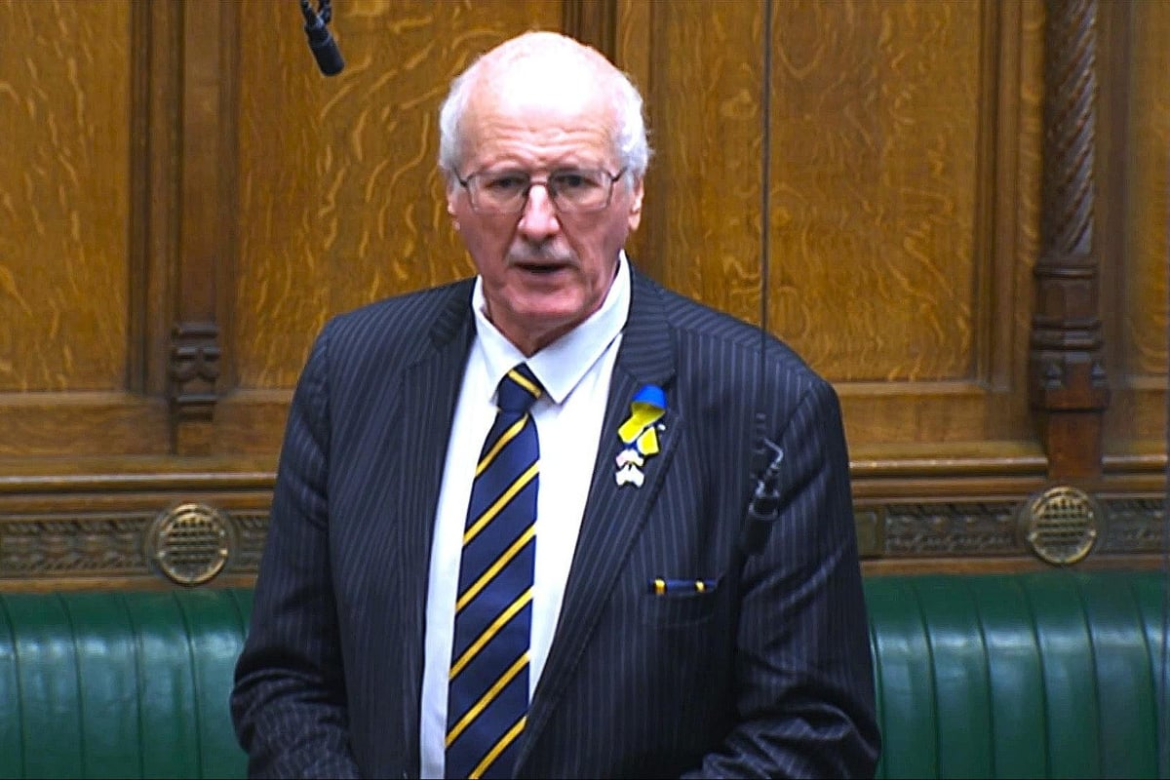AI Generated Summary
- During the debate, MPs rightly called for conditions to be placed on aid to Pakistan and for these issues to be raised in future trade agreements.
- This is not an isolated issue but part of a broader, systemic persecution of religious minorities in Pakistan.
- Co/vHCVpvOOHSIn Sindh, Pakistan, the practice of 14 or 12-year-old Hindu and Christian girls being taken away, abducted and married against their will “has become alarmingly common,” Jim Shannon MP said during the House of Commons debate.
The chilling testimonies from British MPs during the recent debate on religious freedom in Pakistan paint a harrowing picture: young Sikh, Hindu, and Christian girls as young as 12 are being abducted, forcibly converted to Islam, and married against their will. This is not an isolated issue but part of a broader, systemic persecution of religious minorities in Pakistan. This blatant violation of human rights demands immediate action, both from the Pakistani government and the international community.
Religious persecution in Pakistan is not new, but the situation has become dire and appears to be worsening. Sikhs, Hindus, Christians, Ahmadis, and Shia Muslims face routine discrimination, violence, and even death. The country’s infamous blasphemy laws exacerbate these issues. As highlighted by MP Jim Shannon, these laws are among the harshest in the world and are often weaponized to incite mob violence. The accused—many of whom are innocent—become victims of mob fury, and perpetrators of such violence enjoy impunity.
https://t.co/vHCVpvOOHS
— Naomi Canton (@naomi2009) November 30, 2024
In Sindh, Pakistan, the practice of 14 or 12-year-old Hindu and Christian girls being taken away, abducted and married against their will “has become alarmingly common,” Jim Shannon MP said during the House of Commons debate. He said churches in Pakistan…
The forced conversions and marriages of underage girls in Sindh province expose a particularly horrifying aspect of this persecution. As MP Shannon noted, these practices have become “alarmingly common.” Families are torn apart, communities live in fear, and justice remains a distant dream. This is not only a violation of Pakistan’s own laws but also an affront to international human rights standards. And yet, the response from the international community, including organizations like Amnesty International, has been muted at best.
The plight of Pakistan’s Ahmadiyya community is equally distressing. Desecration of mosques and graves has become routine, and hate speech against Ahmadis is openly promoted. Such acts are a symptom of a society where intolerance thrives, fueled by discriminatory legislation and societal norms. School textbooks perpetuate bigotry, and minorities are denied economic opportunities, cementing a cycle of poverty and marginalization.
The Role of the International Community
It is imperative for the international community, particularly nations like the UK, to hold Pakistan accountable. During the debate, MPs rightly called for conditions to be placed on aid to Pakistan and for these issues to be raised in future trade agreements. Sanctions should be considered against individuals within the Pakistani administration and security forces who are complicit in these human rights abuses.
The UK Foreign Office’s current strategy of private engagement with Pakistani authorities may not be sufficient. As Foreign Office Minister Hamish Falconer noted, Pakistani officials have offered assurances that they are addressing these issues. Yet the reality on the ground tells a different story. Diplomatic pressure must be coupled with tangible consequences, including a reevaluation of aid and trade partnerships, to compel meaningful reform.
A Call to Action
The UK and its allies must take a stand for the voiceless. This includes demanding reforms to Pakistan’s blasphemy laws, stronger legal safeguards for young girls, and measures to ensure justice for victims of religious persecution. Advocacy groups and human rights organizations must amplify their efforts to bring global attention to this crisis.
Injustice anywhere is a threat to justice everywhere. The world cannot turn a blind eye to the suffering of Pakistan’s minorities. It is time for decisive action to ensure that Pakistan upholds the principles of equality, justice, and human dignity for all its citizens. Anything less is a betrayal of our shared commitment to human rights.




